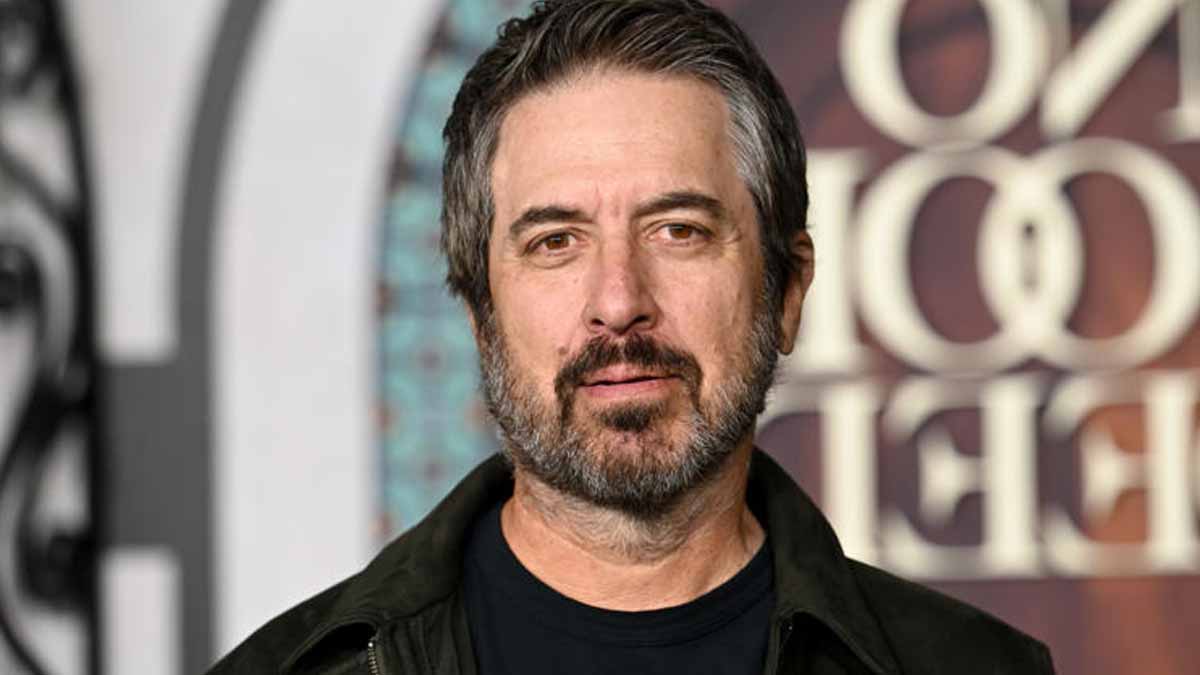Before cameras rolled, Ray Romano balked at starring in a show named after himself, dreading inevitable, never-ending personal branding identity.
It all started with a throwaway simple, offhanded, not meant for headlines or billboards. But somehow, Everybody Loves Raymond became a title that stuck to Ray Romano like glue, even when he tried everything to peel it off. That name is born from a joke between brothers. Now, it lives on in television history and for Romano, in personal irony. Because behind the laughter, the Emmy wins, and the nine-season run, there’s a story of hesitation, pride, resistance… and eventually, acceptance.
Why Ray Romano really didn’t want to call it Everybody Loves Raymond
Ray Romano never asked to be adore. Especially not in the title of a network sitcom. When the show’s co-creator, Phil Rosenthal, first floated the idea of naming the series Everybody Loves Raymond, it didn’t feel like a compliment to Romano. It felt like a setup. A punchline he couldn’t escape. “No, no, no, no,” he told Phil. “I was a comic. So, I was self-deprecating. I can’t have that as a title.”
Goodbye Pepsi: Costco makes a major decision that completely changes its strategy with sugary drinks
How detonating a nuclear bomb could protect planet Earth
The phrase was pulled straight from the pilot script, something his real-life brother had grumbled about for years. His sibling was a New York cop, facing real danger daily. But somehow, it was Ray—who told jokes on stage—who got all the praise. That running joke turned into a permanent label. Romano begged CBS not to use it. He even pleaded with the network president, saying, “Please, I can’t; I’m going to have to live with that.”
The irony? He was right. He did have to live with it. For better or worse, Everybody Loves Raymond became one of the most recognized TV titles of its era. And to twist the knife a bit more, the CBS boss reportedly joked, “If it becomes a top 10 hit, you can name it whatever you want.” Spoiler: It did. But by then, it was far too late.
From reluctant title to cultural fixture
Before it became a staple of American television, Everybody Loves Raymond had other names on the table. Romano, still hoping to escape the looming praise stitched into the original title, drew up a list of alternatives. The names were awkward, quirky, and very “Ray”: Guy Named Raymond, That Raymond Guy, Nice Being Raymond, even Ummm Raymond made the cut.
All of them are now part of a Paley Museum exhibit celebrating the show’s 30th anniversary. They’re funny in their own way—relics from a moment when no one, not even Romano, could see how far this show would go.
Still, for all his resistance, Romano couldn’t stop CBS from loving the original title. And once the ratings kicked in, there was no turning back. That awkward phrase, the one he feared would turn him into a target, became a badge of honor. Everybody Loves Raymond rolled through nine seasons with ease, pulled in audiences week after week, and landed squarely in TV history. But for some, the idea of a reboot has always felt out of reach.
Why a revival of Everybody Loves Raymond just wouldn’t feel the same
Brad Garrett, who played Ray’s towering brother Robert on the show, put it plainly: “There is no show without the parents.” And he wasn’t wrong. Peter Boyle and Doris Roberts, who played Frank and Marie Barone, weren’t just characters. They were the show’s engine. Funny, chaotic, sharp as razors, endlessly meddling…
Roberts, who passed away in 2016, won four Emmys for her role as Marie, the mother-in-law everyone feared and secretly loved. Boyle died in 2006, not long after the series wrapped. Their absence casts a long shadow over any thought of a return.
Buys a coal mine for $2 million and discovers metals worth up to $36 billion
If you remember these 10 moments from decades ago, your memory is sharper than most in their 70s
Garrett’s take is clear: “To do anything that would resemble that wouldn’t be right to the audiences or to the loyal fan base.” He’s probably right. The Barone dynamic, impossible dinners, hallway arguments, passive-aggressive comments that cut deeper than they should—was the heartbeat of the show. Take that away, and what’s left?
You could build something new. You could try. But it wouldn’t be Everybody Loves Raymond. It might have some of the old magic, but without Boyle’s grouchy brilliance or Roberts’ withering sarcasm, the chemistry would never be quite the same.
